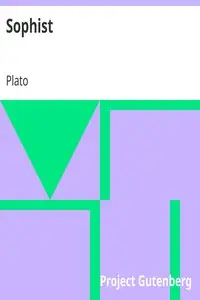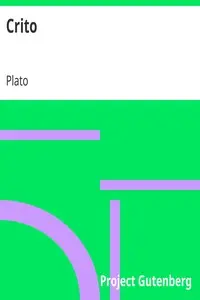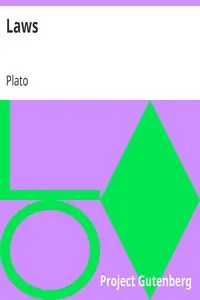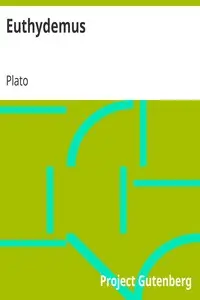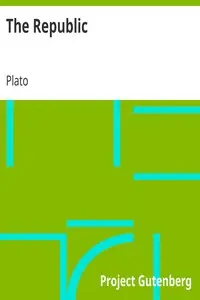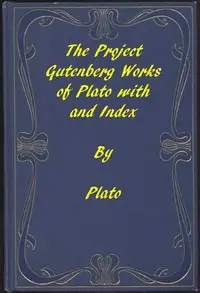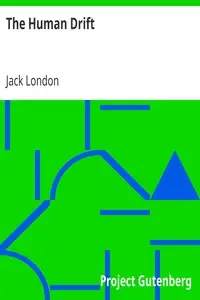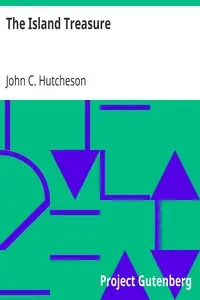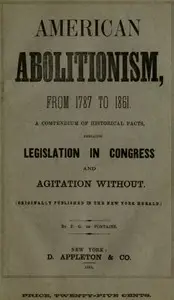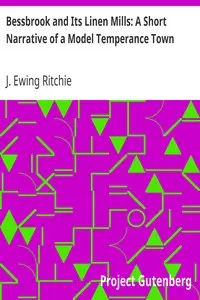"Statesman" by Plato is a philosophical dialogue written during the late 4th century BC. The text explores the nature of statesmanship and the qualities that define a true leader, contrasting these ideals with the various forms of government and societal roles. Through a conversation featuring Socrates and other philosophical figures, Plato seeks to uncover the essence of political science and its application to governance, making compelling arguments about knowledge, power, and the ideal state. At the start of "Statesman," the dialogue opens with Socratic questioning about the classification of knowledge and the nature of a statesman. The Eleatic Stranger suggests that sciences can be divided into two main categories: theoretical and practical. As the conversation unfolds, the Stranger and Younger Socrates deliberate on the distinctions between various forms of governance and their respective practitioners, ultimately aiming to define what true statesmanship entails. The dialogue is structured around dialectical reasoning and explores various analogies, such as weaving, to illustrate the complexities of political leadership and the art of governing, setting the stage for a deeper philosophical inquiry into the essence of effective rule. (This is an automatically generated summary.)

Statesman
By Plato
"Statesman" by Plato is a philosophical dialogue written during the late 4th century BC. The text explores the nature of statesmanship and the qualiti...
Genres
Released
1999-05-01
Formats
epub3 (images)
epub (images)
epub
mobi
mobi (images)
Free Download
Overview
About the Author
Plato, born Aristocles, was an ancient Greek philosopher of the Classical period who is considered a foundational thinker in Western philosophy and an innovator of the written dialogue and dialectic forms. He raised problems for what became all the major areas of both theoretical philosophy and practical philosophy, and was the founder of the Platonic Academy, a philosophical school in Athens where Plato taught the doctrines that would later become known as Platonism.
Total Reviews
10.0k
Total reviews from Goodreads may change

